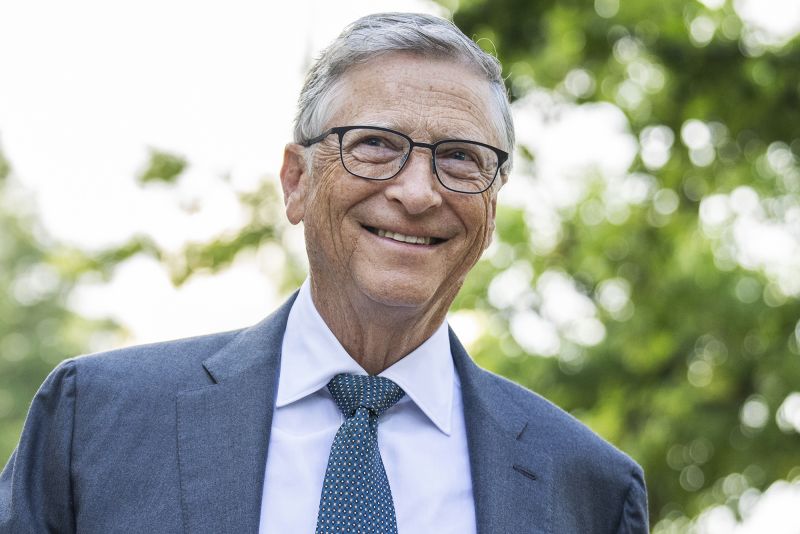
The Future of Artificial Intelligence: Human Decision-Making and the Rise of AI

A discussion on the future of artificial intelligence and its impact on human decision-making, as highlighted by industry experts at the World Economic Forum in Switzerland.
The Rise of Artificial Intelligence
The rise of artificial intelligence has sparked debates and discussions about its impact on human decision-making. At the World Economic Forum in Switzerland, OpenAI’s Sam Altman emphasized that human beings will continue to play a crucial role in determining the course of the world, regardless of the advancements in AI technology.
Altman pointed out that while AI has proven to be effective in certain tasks, it falls short in life-and-death situations. He described AI as a system that is sometimes right, sometimes creative, and often totally wrong, highlighting the limitations of relying solely on AI for critical decision-making.
The CEO of the company behind ChatGPT, a generative AI system, acknowledged the potential of AI in enhancing productivity and capabilities for humans. However, he stressed the importance of understanding when not to rely on AI, emphasizing that human judgment and focus on interpersonal connections remain essential.
Impact on Society and Economy
The impact of AI on society and the global economy has been a major focus at the World Economic Forum. Experts have highlighted the transformative potential of generative AI systems, such as ChatGPT, in reshaping various industries and job roles.
Despite the optimistic view on AI's potential, concerns about dystopian scenarios and job displacement have also been raised. The International Monetary Fund's report highlighted that AI could affect nearly 40% of jobs globally, leading to a mix of job replacements and complementation. The potential impact on income inequality has also been a point of discussion.
The discussion on AI's impact has extended beyond the economic sphere, with a focus on societal implications and the need for regulations to address existential threats posed by the technology. The call for ethical and regulatory frameworks to guide the development and application of AI has been emphasized by industry leaders.
Augmenting Human Capabilities
In a panel discussion at the World Economic Forum, Salesforce CEO Marc Benioff echoed Altman's perspective, emphasizing that AI is not at a stage of replacing human beings but rather enhancing their abilities. Benioff cited the example of a Gucci call center in Milan, where the adoption of Salesforce's AI software led to significant improvements in revenue and productivity.
Both Altman and Benioff underscored the need for responsible AI development and usage, highlighting the importance of addressing potential downsides and risks associated with AI technology. They emphasized the value of maintaining high ethical standards in the advancement of AI.
Altman also addressed legal and organizational challenges related to AI, including a New York Times copyright lawsuit against OpenAI and his own experience of being fired and rehired by the OpenAI board. Despite the complexities and uncertainties, Altman maintained an optimistic outlook on the future of AI and its coexistence with human decision-making.
UNITED STATES - SEPTEMBER 13: Bill Gates, cofounder of Microsoft, arrives for the Inaugural AI Insight Forum in Russell Building on Capitol Hill, on Wednesday, September 13, 2023. (Tom Williams/CQ Roll Call via AP Images)














